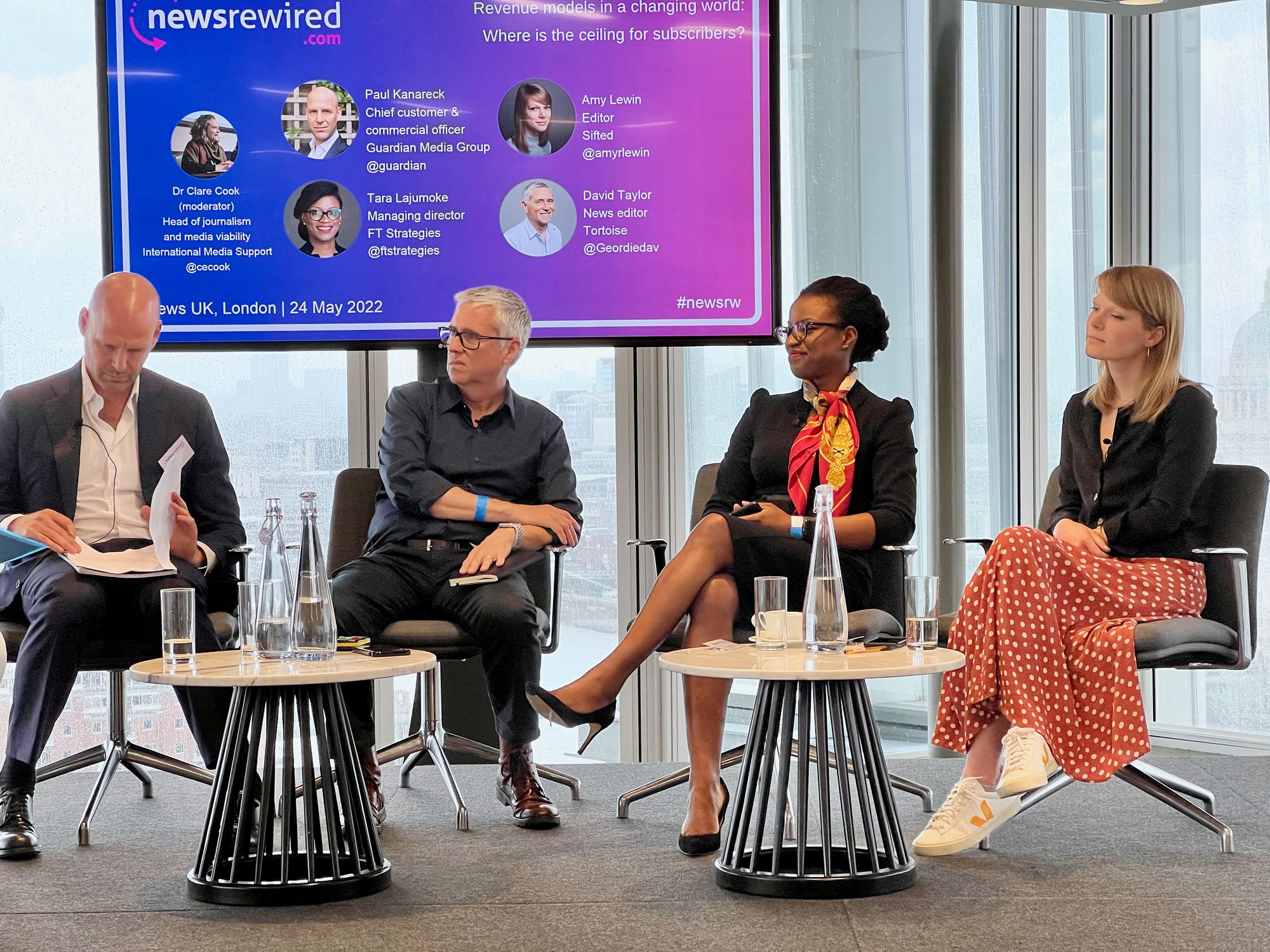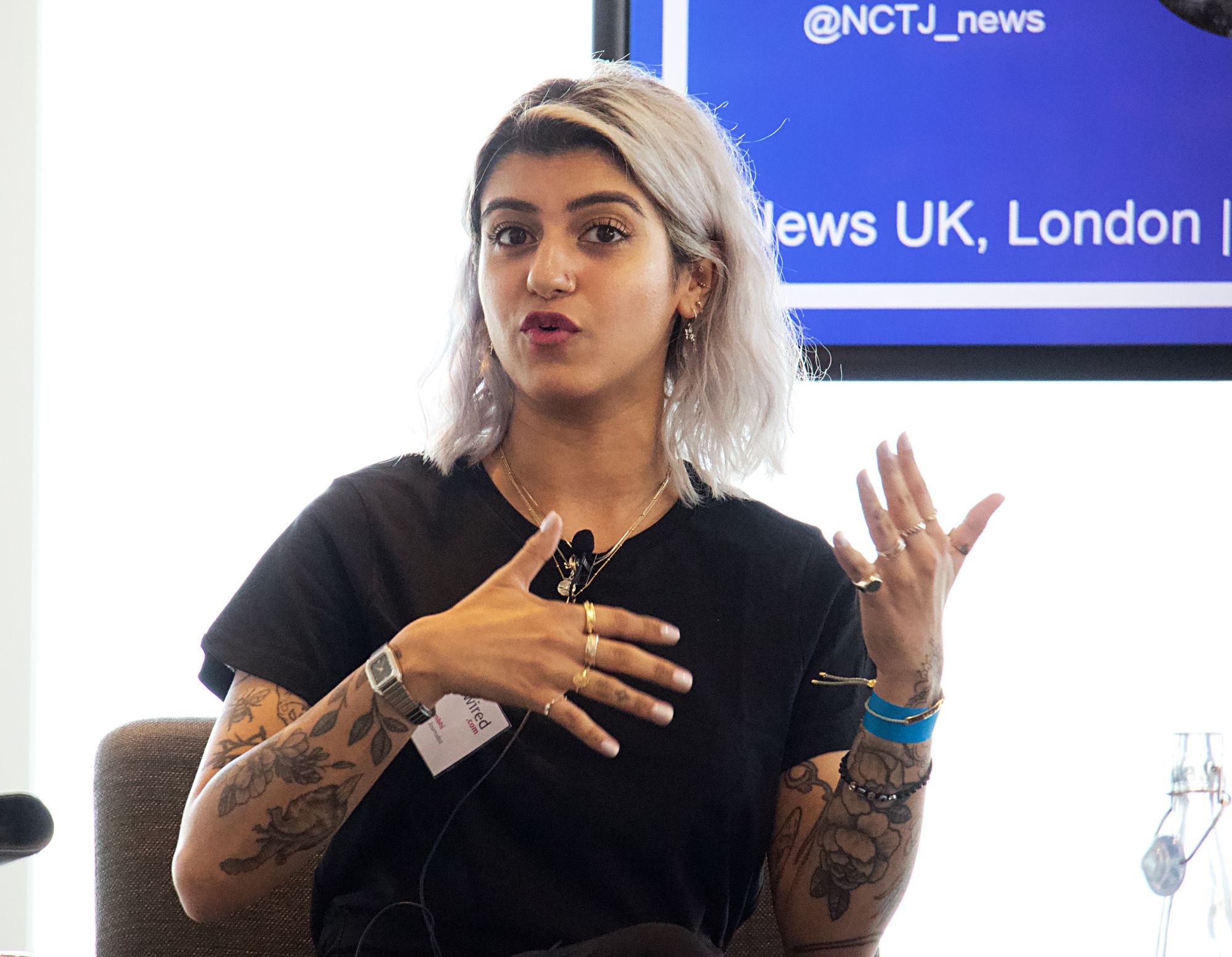
Training and retaining the journalists of the future
How do we recruit and retain a more skilled, diverse staff of journalists? The final panel of news:rewired set out to answer that question.
We’re at an inflection point: the pandemic has reshaped our working lives, many companies are employing hybrid working, and many people are looking for more out of their careers, leading to the Great Resignation. How do we both hire and retain the best staff? The closing panel at news:rewired set out to find out…
The Panel
- Chandni Sembhi, founder, So You Want To Be A Journalist
- Dr Zahera Harb, leader of the international journalism studies cluster, City, University of London
- Jonathan Paterson, head of news, The News Movement
- Emily Sexton Brown, assistant managing editor, Insider
- Chair: Kim Fletcher, chairman, NCTJ
Do we actually have a recruitment problem? Our chair pointed out that if you advertise a journalism job, you’ll have a queue of people out the door. Well, here’s a big issue with diversity, and many people don’t feel that roles are available to them, says Chandni. There are so many ways of describing jobs in the trade that some people might not know they are journalism roles. If people don’t need a degree for entry-level roles, say that! She has no family connections to rely on, but she was lucky enough to be able to do a degree. Not everyone can do that.
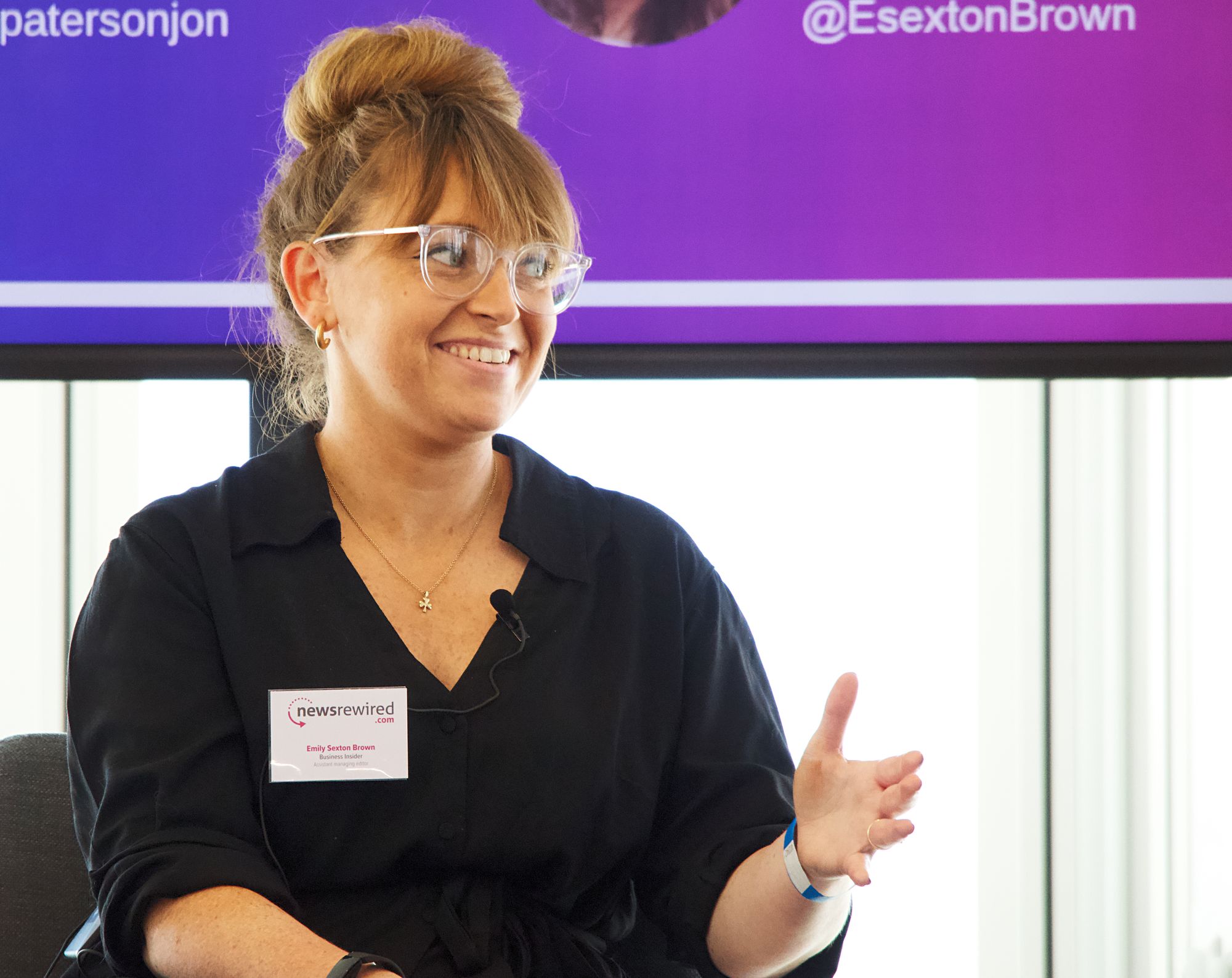
Insider is seeing a more diverse pool of applicants, says Emily. They’re more interested in the people themselves, their interests and their hoped for career than they are qualifications. And full hybrid working is opening up the pool of people they can hire. For example, graduates of Stirling University are ecstatic that they can be hired without moving to London.
There are still issues around class and place to be dealt with, though, says Jonathan. We need to challenge ourselves — and retention is part of that. There’s no point in getting people through the door if you can’t keep them.
How accessible are degrees?
To get on a City Masters, students need a 2:1 and at least 2 weeks of experience in journalism, says Zahera. They need to prove they are interested. This can be at any level — even starting their own blogs. They’re also accepting in people with over a decade of experience in journalism, who come back to get a graduate degree.
Is journalist a craft or a profession? Zahera believes it’s the latter, and tries to equip students with both the skills and the understanding to know what their role is in society.
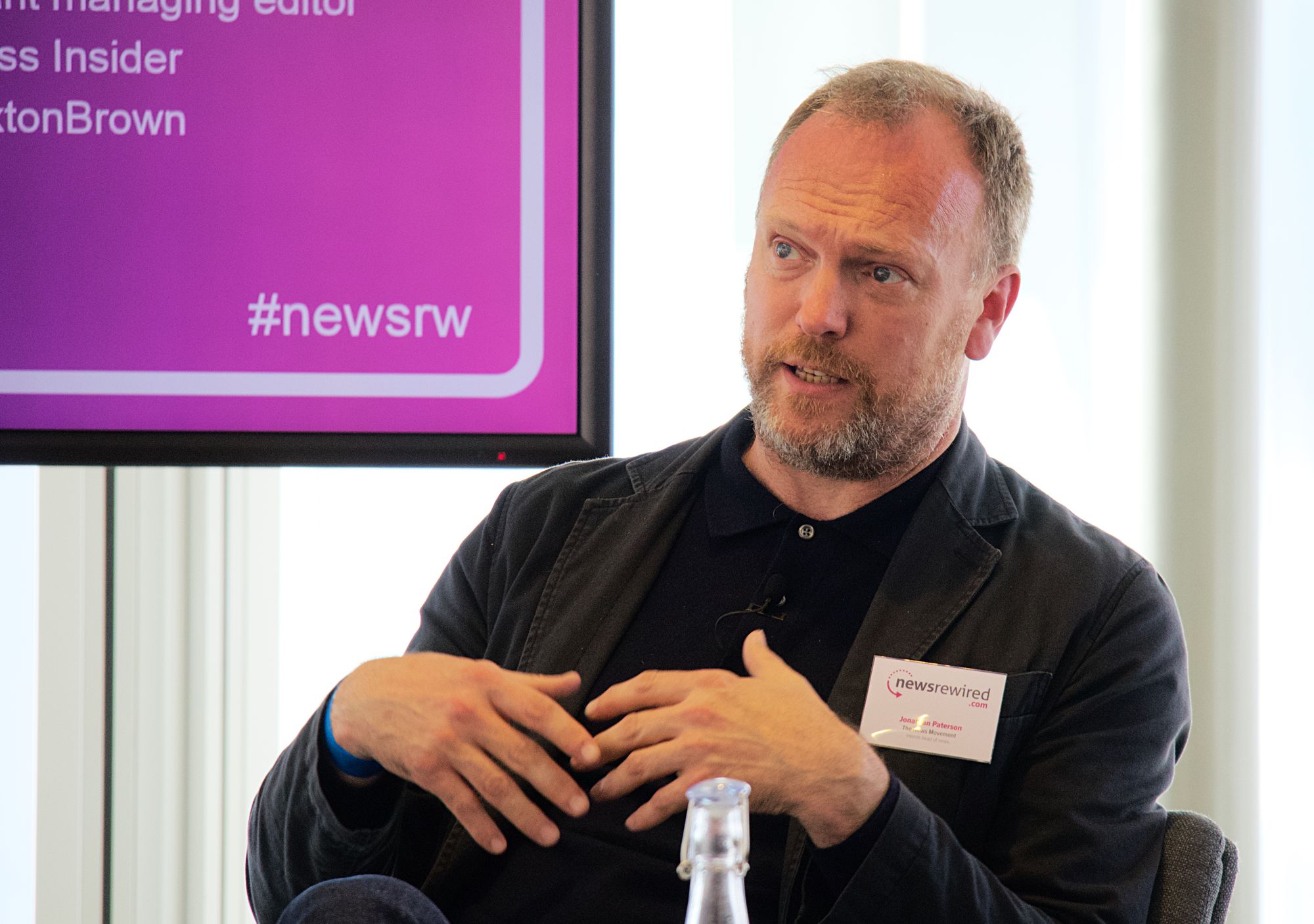
Jonathan suggests that the most important quality is curiosity — to the point of wanting blind CVs, removing academic qualifications and schools. He wants curious, creative people — and they are not the exclusive preserve of academic success. They’re also searching for people with a specific understanding of social media, because of the nature of their business.
People with a natural flair and no formal training have been some of the best hires that Emily has brought on board. So much of journalism is about how you interact people, says Chandni. Being able to get on with people, to network, can be as vital as the qualification. But people do need to research their jobs before they go for interview. Do more in-depth research than just scrolling the website and having a quick peek at their social media.
Starting and building a journalism career
What writers or journalists do they admire? Be prepared for that question, suggests Emily. Looks at the people two to three years ahead of you, and think about how you get there, recommends Jonathan.

What’s the role of the NCTJ? Well, Kim finds that people who join an accredited course get jobs… The philosophy is that they want them to be qualified in the sense that they understand that journalism is a serious business, of truth and consequences. You can get into journalism without a qualification — it’s not a monopoly. Insider has partnered with the NCTJ diversity fund and that’s been hugely beneficial to the students, but also to Insider.
Jonathan thinks it’s important that there are accrediting bodies, but it’s also important that they acknowledge the world as it is now, particularly around social and digital.
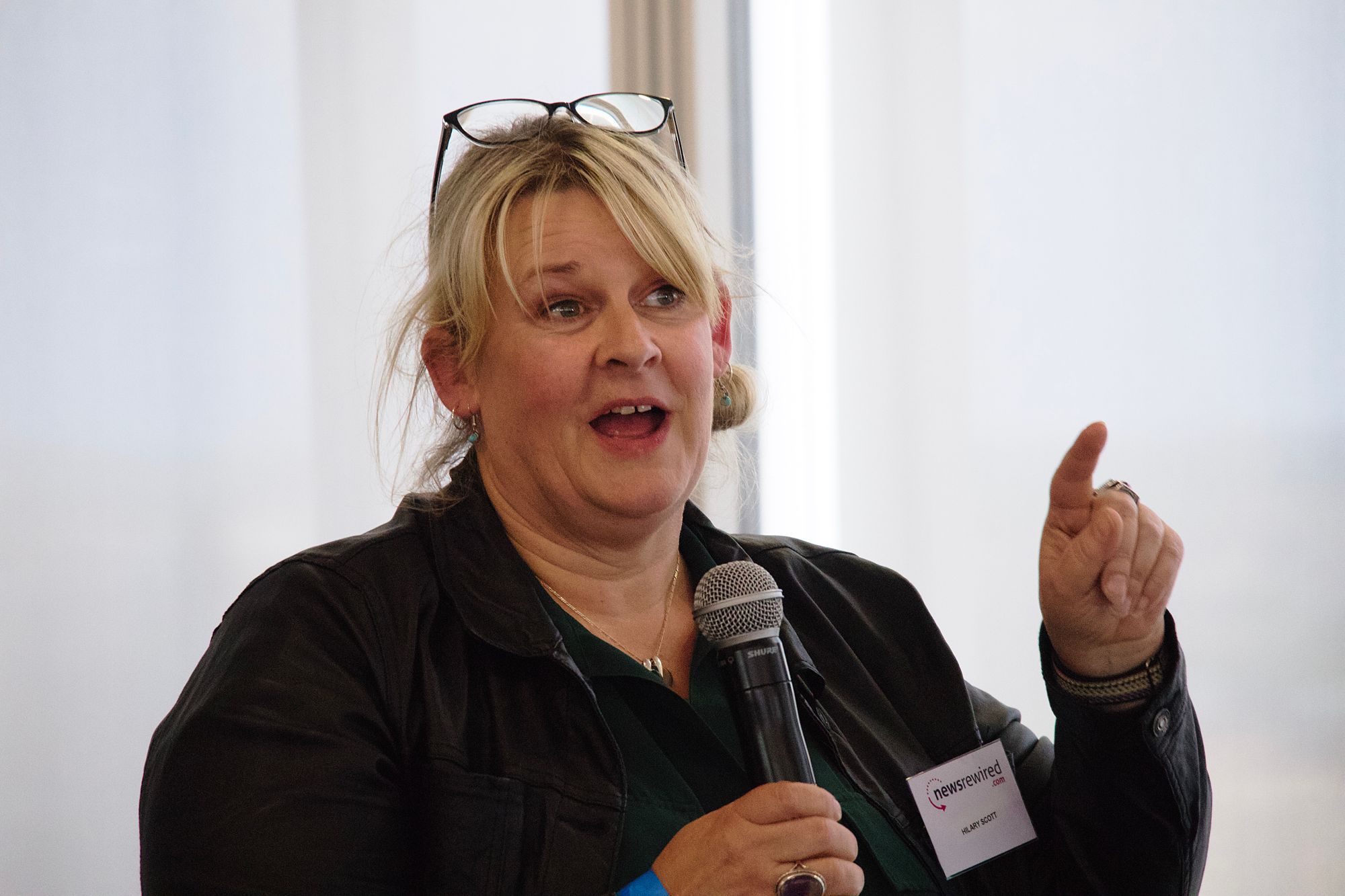
Hilary from the University of Northampton points out that we lost training on the job decades ago — but it’s not all NCTJ or London or nothing. And you’re missing out if you require NCTJ.
The panel seem to be missing the point. It's not either nctj or no degree. There are dozens of other accredited degrees, and let's face it, the industry abdicated responsibly for training it's own a decade ago #newsrw
— Hilary Scott (@nosylocaljourno) May 24, 2022
Jonathan is about to publish a job ad, without a requirement for NCTJ or a degree. They do want some experience, though — and social media skills.
Why do we lose people?
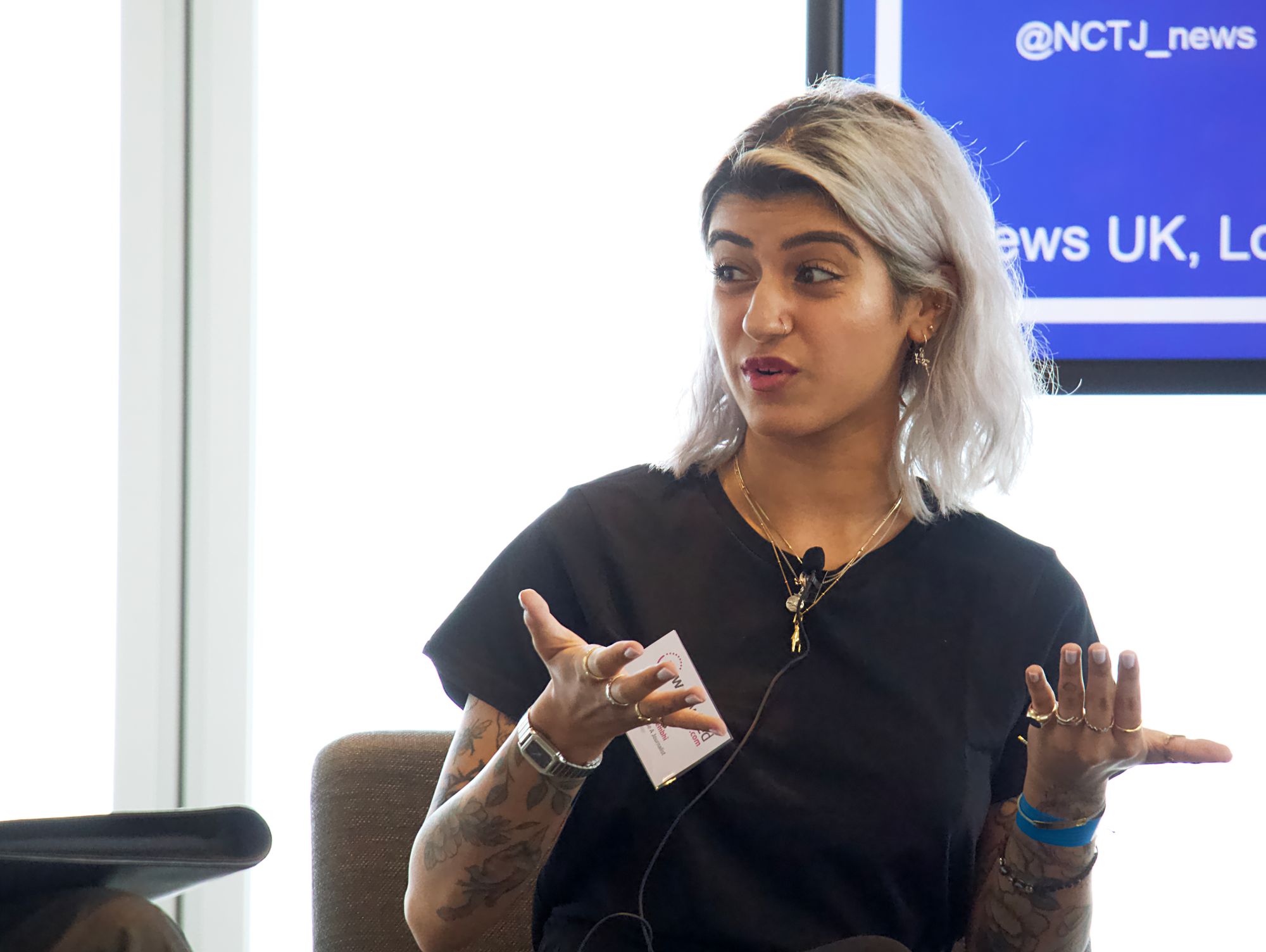
Why do people leave journalism? A lack of clear career progression is one reason, suggests Chandni. Emily says that Insider thrives by listening to their people, by checking in with them once a quarter and where they see themselves going. And now they’re doing individual career progression conversations.
Thanks to @KimFletcher for tolerating my non-question rant. #newsrw
— Hilary Scott (@nosylocaljourno) May 24, 2022
But really, if you can, give our grads in the regions a chance.
Oh, and please pay more than 17k for a grad. Or they'll go to PR.
And understand they couldn't GET office based experience for the last two years.
Sign up for e-mail updates
Join the newsletter to receive the latest posts in your inbox.



